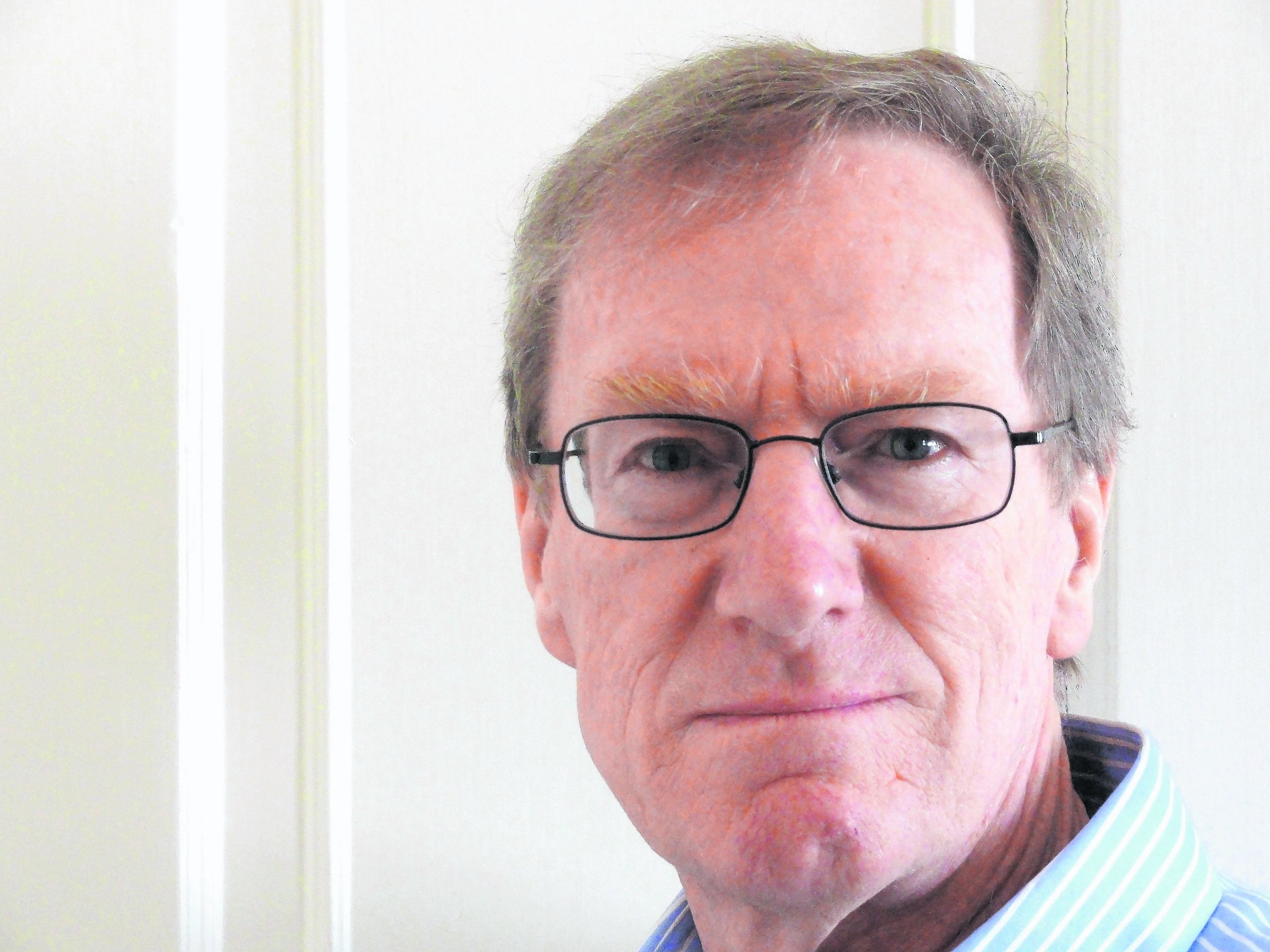This time, it was Alex Salmond who won on points.
He had anticipated difficult questions on the currency and was ready with plans B and C.
He re-framed the issue with his claim to be seeking a democratic mandate for the original plan A, currency union with the rest of the UK.
Alistair Darling was both under-prepared and over-prepared on this one.
Assuming that Mr Salmond would not actually come up with plans B and C, he hammered on repetitively with the prepared line that there was no alternative plan, rather than moving on the difficulties with all plans.
This allowed the SNP leader to turn the question back, asking Mr Darling whether he would accept a Yes vote including the mandate to negotiate currency union.
On welfare, Mr Salmond painted Mr Darling into a corner with the Tories and then challenged him over Better Together’s plans for more devolution, asking him to name three powers over job creation that would be devolved in the event of No vote.
This flummoxed Mr Darling, who failed to come up with more than Labour’s vague proposal to give some administrative responsibilities over the work programme to local governments.
The effect of the point, however, was rather drowned out by the shouting that had erupted between the two.
Overall, Mr Salmond came over as upbeat and optimistic, while Mr Darling looked defensive and negative.
The first television debate, which was a clear victory for Mr Darling, does not seem to have shifted indecisive voters and it is unlikely that this one will either.
The electors are making up their minds and bringing their hopes and expectations into line.
With so little left to be said, it is difficult to see how any argument at this stage of the campaign could lead to a decisive swing either way.
Polls still point to a No victory, but much may still depend on which side can get more of their supporters out on September 18.
